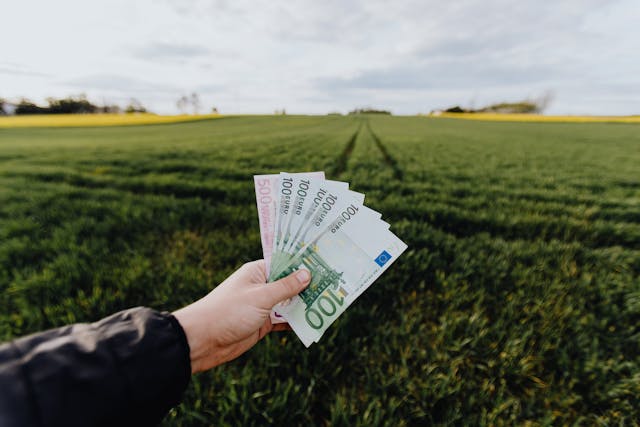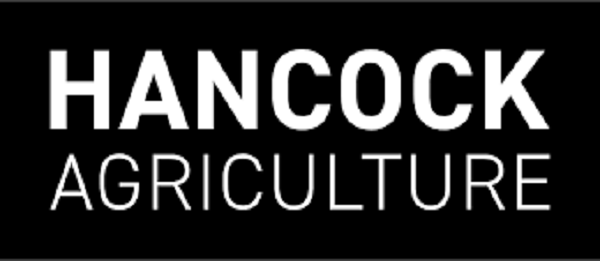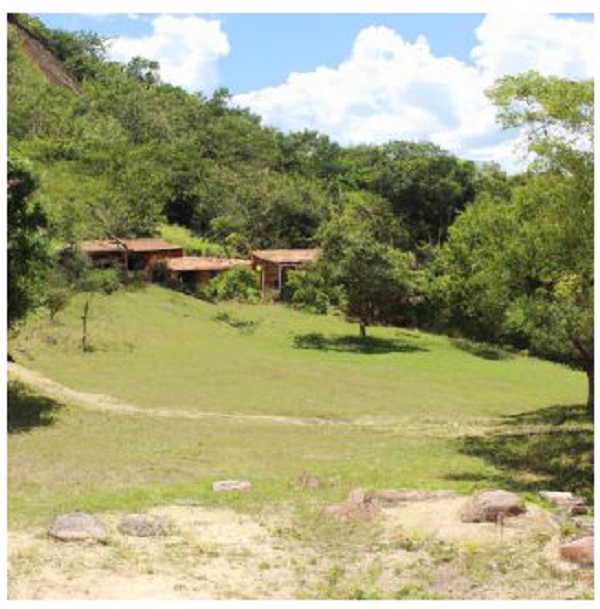Hancock Agricultural Investment Group (HAIG) is a prominent player in the realm of agricultural investments, focusing on sustainable management and stewardship of farmland and natural resources. Operating under Manulife Investment Management, HAIG has a long-standing reputation for integrating sustainable practices with profitable agricultural ventures.
Recent Developments of Hancock Agricultural Investment Group (HAIG)
- Divestment of Kalanga Aggregation: In February 2022, HAIG sold its Kalanga Aggregation, a significant property in Queensland, Australia, to Morella Agriculture for over A$80 million. This property spans approximately 12,840 hectares and includes substantial irrigation infrastructure, making it ideal for crops like cotton, wheat, and barley. This sale aligns with the broader trend of local farming families and corporate buyers re-entering the Australian farmland market.
- Sale of Macadamia Portfolio: In October 2019, Hancock Agricultural Investment Group (HAIG) divested the Winfield Road aggregation, Australia’s largest macadamia portfolio, to Belgian sugar producer Finasucre for $59.2 million. This deal underscores HAIG’s strategic realignment and highlights the growing demand for macadamia nuts globally.
- Rebranding and Management: HAIG, under the umbrella of Hancock Natural Resource Group, rebranded to Manulife Investment Management in November 2021. This rebranding emphasizes their commitment to sustainable land management and aligns with their goal of enhancing their investment management capabilities across agriculture and timberland sectors .
Programs and Activities of Hancock Agricultural Investment Group (HAIG)
- Sustainability Initiatives: HAIG is dedicated to sustainable farming practices, integrating environmental stewardship into their operational model. This includes engaging with local communities, providing employment opportunities, and supporting local causes. Their approach ensures that economic activities on the land are balanced with ecological preservation and social responsibility.
- Community Engagement: HAIG’s operations include public use of their land for recreational activities such as hunting, fishing, hiking, and camping. This not only fosters community relations but also promotes the multifunctional use of agricultural landscapes .
Key Members
- Oliver Williams: As the President of HAIG, Oliver Williams plays a pivotal role in steering the group’s strategic direction. His leadership focuses on expanding HAIG’s global footprint while ensuring sustainable and responsible investment practices.
- Susan Dreyer: As the Director of Sustainability, Susan Dreyer oversees HAIG’s environmental and social governance (ESG) strategies. Her work ensures that HAIG’s operations comply with high sustainability standards and contribute positively to the environment and local communities.
- James Fletcher: The Chief Investment Officer, James Fletcher, is responsible for managing HAIG’s investment portfolio. His expertise in agricultural economics and market trends helps HAIG navigate the complexities of global agricultural investments.
Impact of Hancock Agricultural Investment Group (HAIG) on sustainable development
Hancock Agricultural Investment Group (HAIG) has a significant impact on sustainable development through its comprehensive approach to land management, environmental stewardship, and community engagement. Here are some key ways HAIG contributes to sustainable development:
1. Environmental Stewardship
HAIG’s commitment to environmental stewardship is evident in its sustainable farming practices and land management strategies. The group integrates best management practices to enhance soil health, water conservation, and biodiversity. For instance, HAIG’s farms often employ precision agriculture techniques to optimize resource use and minimize environmental impact.
2. Sustainable Farming Practices
HAIG emphasizes sustainable farming practices that balance productivity with ecological health. This includes crop rotation, organic farming, and integrated pest management, which help maintain soil fertility, reduce chemical use, and promote healthy ecosystems. Their farms often serve as models for sustainable agriculture, demonstrating how profitability can be aligned with environmental responsibility .
3. Water Conservation
Water management is a critical component of HAIG’s sustainability strategy. The group invests in advanced irrigation systems and water-efficient technologies to reduce water usage and enhance crop resilience to droughts. By securing water rights and implementing efficient irrigation practices, HAIG ensures that its agricultural activities are sustainable in the long term.
4. Carbon Sequestration
HAIG contributes to carbon sequestration through its forestry and agricultural operations. By maintaining healthy forests and promoting soil carbon storage, HAIG helps mitigate climate change. Their practices support the absorption of carbon dioxide from the atmosphere, contributing to global efforts to reduce greenhouse gas emissions .
5. Community Engagement and Social Responsibility
HAIG’s sustainable development efforts extend to social dimensions, focusing on community engagement and local economic development. They provide employment opportunities and support local causes, fostering strong relationships with communities. HAIG also allows public use of their land for recreational purposes, promoting community well-being and environmental awareness .
6. Research and Innovation
Investing in research and innovation is a key aspect of Hancock Agricultural Investment Group HAIG’s approach to sustainability. They engage in research initiatives to develop new agricultural technologies and practices that enhance sustainability. This includes collaboration with academic institutions and industry partners to advance sustainable agriculture and forestry practices.
7. Certification and Standards
HAIG adheres to high standards of environmental and social governance (ESG). Their operations often comply with certifications such as the Sustainable Agriculture Network (SAN) and Forest Stewardship Council (FSC). These certifications ensure that their practices meet rigorous sustainability criteria, providing transparency and accountability to stakeholders .
Hancock Agricultural Investment Group continues to be a leader in agricultural investment, blending financial performance with sustainable land management. Their recent activities and strategic sales highlight their adaptive approach in a dynamic market, while their leadership remains committed to fostering growth and sustainability. Through innovative practices and community engagement, HAIG sets a benchmark for responsible investment in agriculture.





